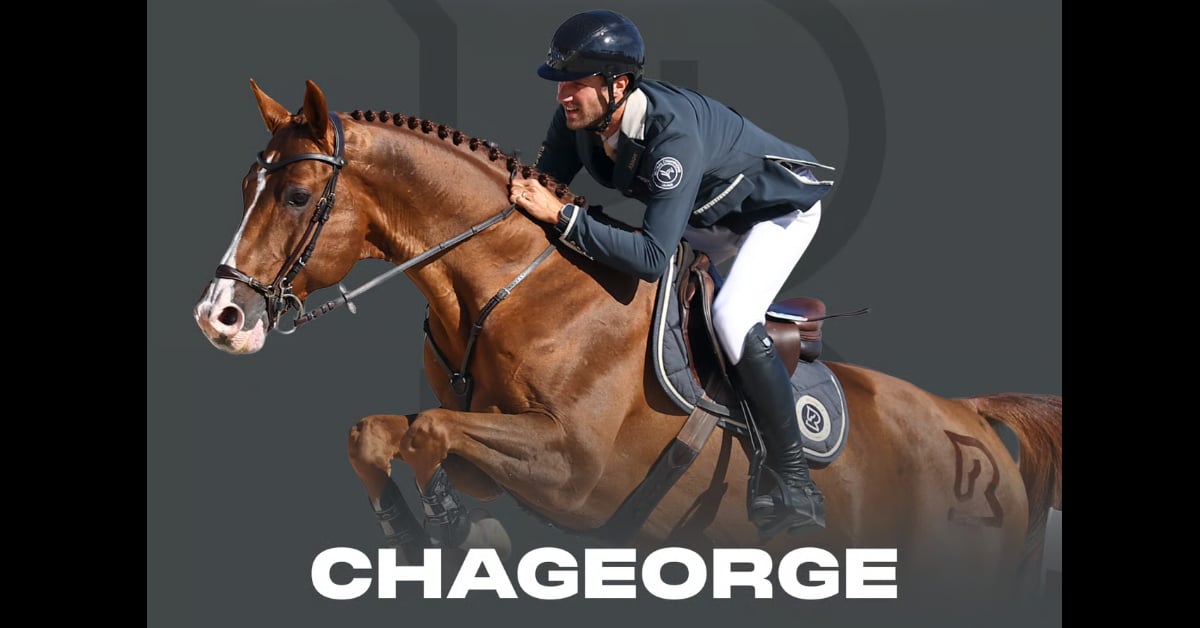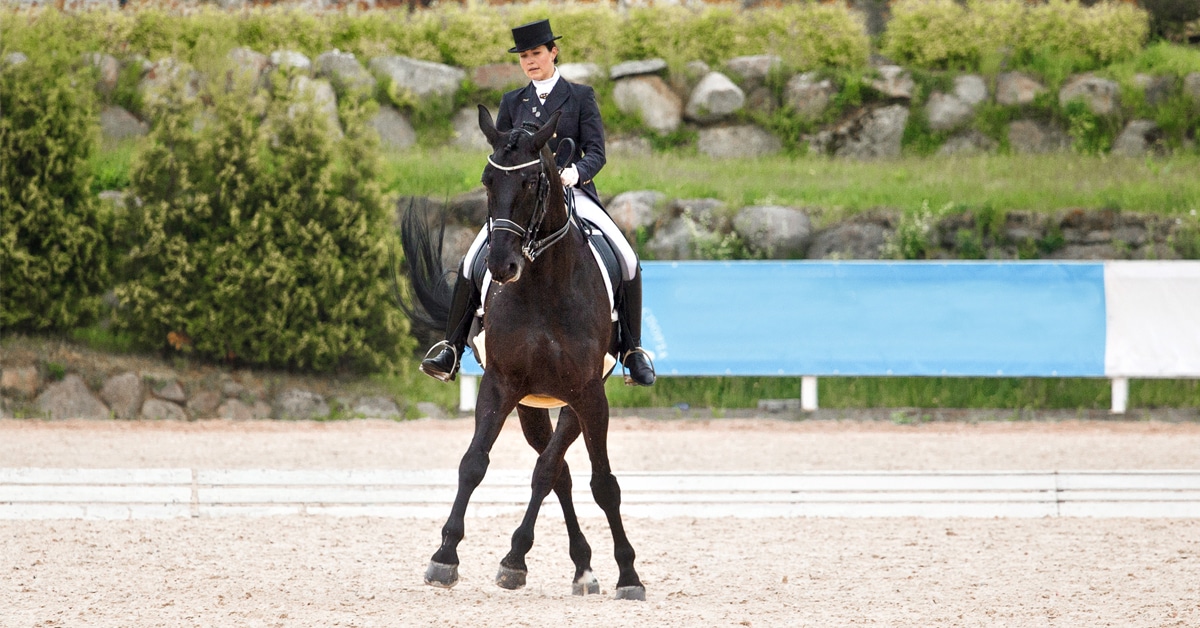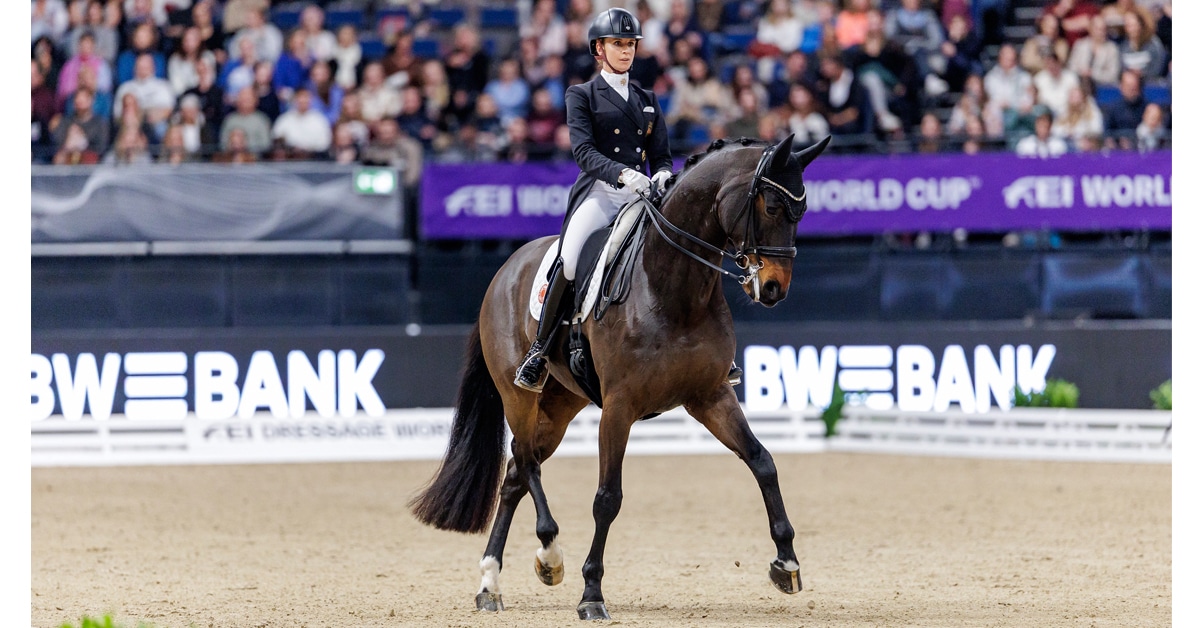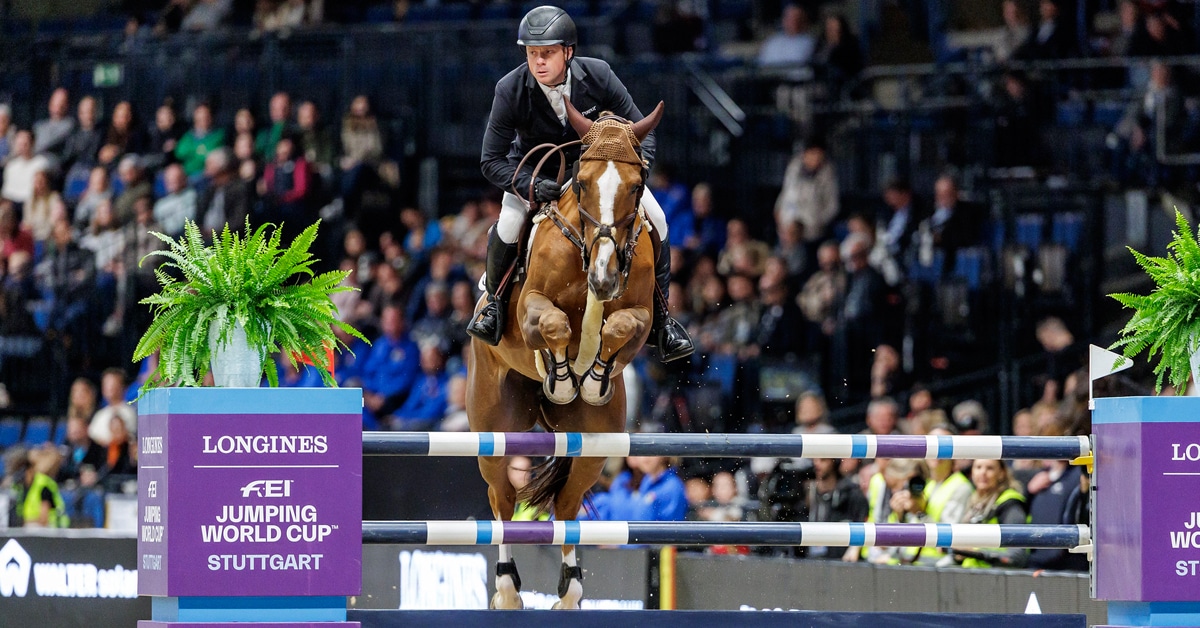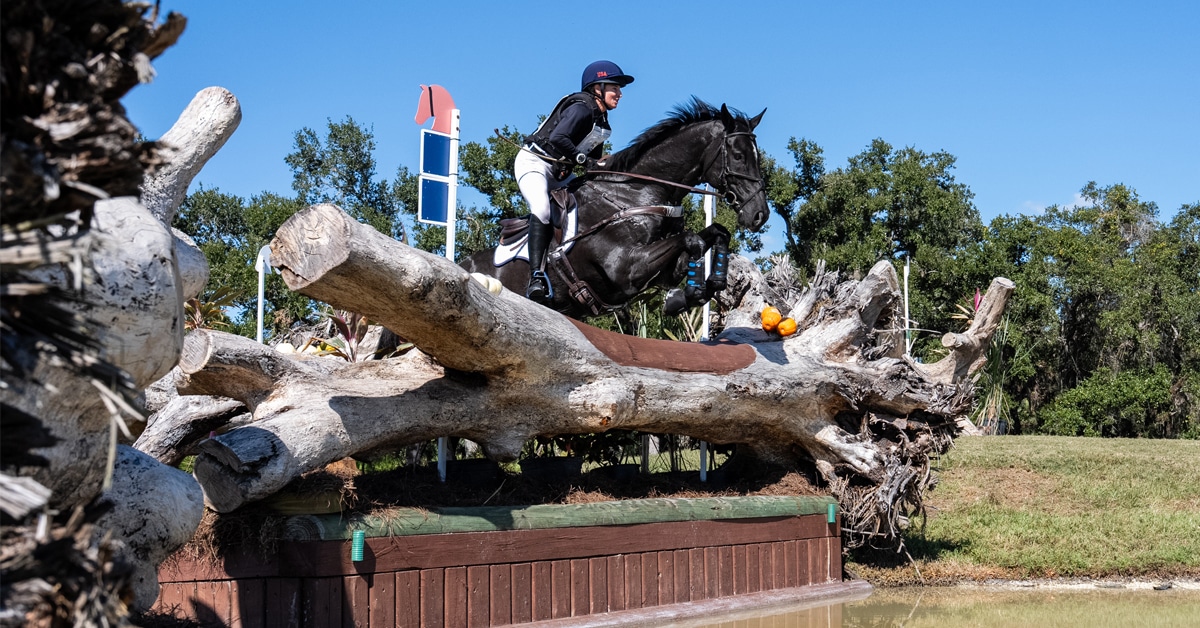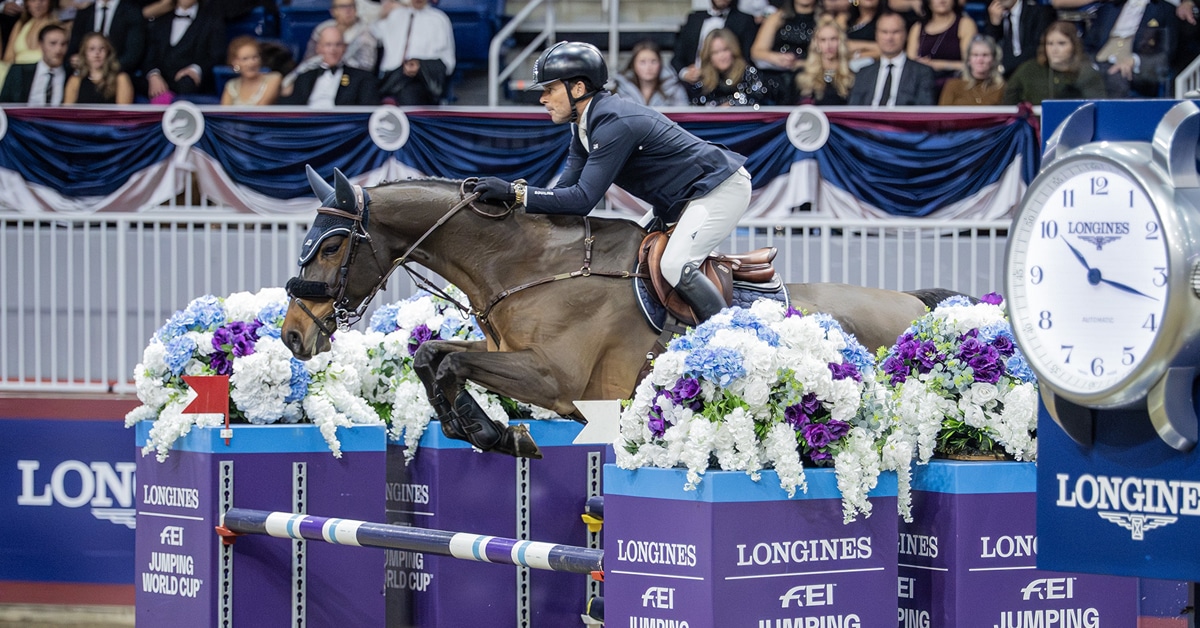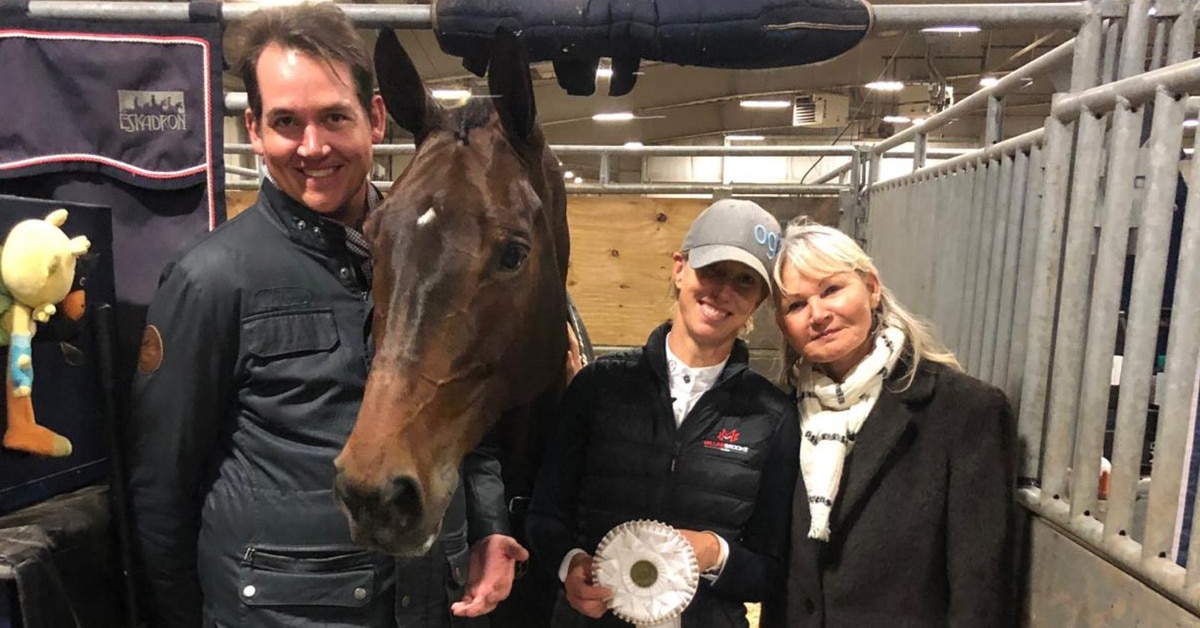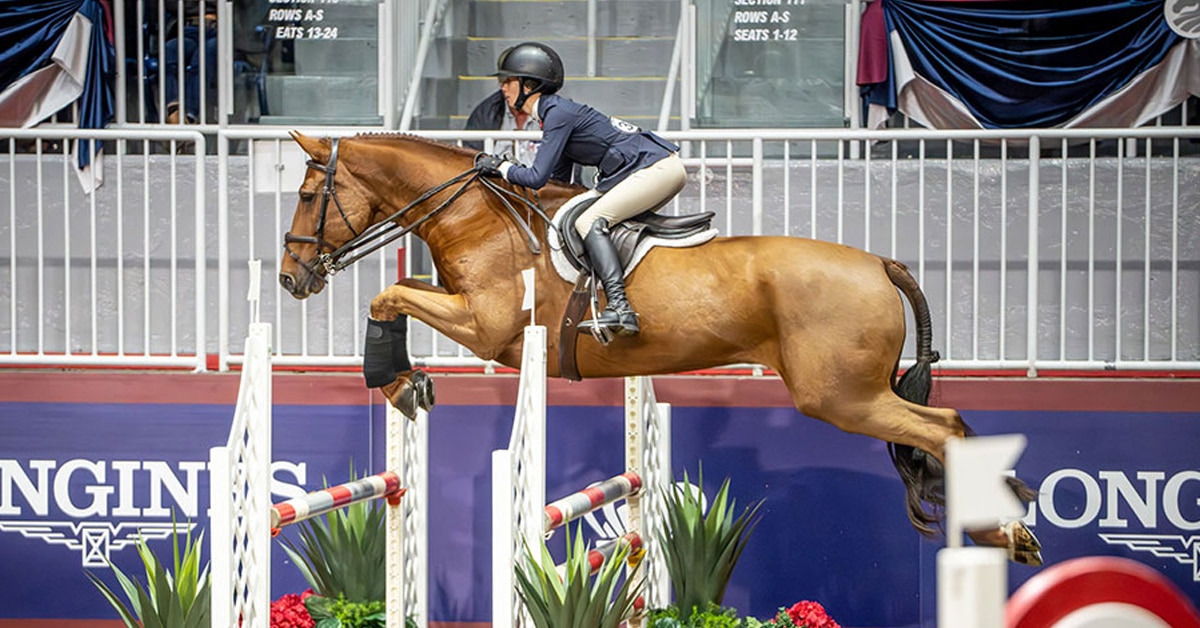Last fall, German dressage rider Isabell Werth received a six-month suspension from the German Equestrian Federation (FN) after one of her mounts tested positive for a banned substance. Now, the title sponsor of the international German equestrian teams, AGCO/Fendt, is demanding that the FN end the rider’s suspension.
“We do not appreciate the unfair treatment of this world class rider and demand to immediately dismiss charges,” said Peter-Josef Paffen, vice president and chairman of the AGCO/Fendt Management Board, in a statement dated January 30th.
In June 2012, Werth’s horse, El Santo NRW, tested positive for cimetidine at the Rhineland Championships. The drug, which is used to treat stomach ulcers, is not banned by the FEI, but is on the FN’s forbidden substances and prohibited medication in competition list.
Werth claimed that the horse had never been given ulcer medication and was contaminated due to a faulty watering system at her barn, shared by another horse who had been receiving cimetidine. The FN’s disciplinary commission said they believed this explanation was extremely unlikely and ruled that the violation occurred as the result of a breach of duty of care, and that the Werth was responsible. They also handed her a fine of €2,000. Werth is appealing this decision, and also suing the FN for damages.
AGCO/Fendt noted that both Werth and the FEI hired experts who verified that it was possible that El Santo NRW had received contaminated drinking water via the barn’s watering system. As such, they appealed to the FN to reinstate Werth’s riding privileges.
President of the FN, Count Rantzau, responded in a statement that, “We have no sympathy for this step, especially because in the last few weeks we offered our partner Fendt an explanation of the functioning of our jurisdiction. It is unbelievable that a sponsor is actively trying to influence the legal process.”
According to the statement, “for many years the German equestrian sport has an independent and official legal system which is based on the national regulations of the anti-doping agency NADA. The members of the disciplinary committee and court of arbitration are independent and don’t have any official functions within the federation. Most of them are lawyers (and one veterinarian) and have yearlong experience in equestrian sport and breeding.”
This marks Werth’s second suspension. She received a six-month ban in 2009, when her horse, Whisper tested positive for Fluphenazine at a CDI Wiesbaden in Germany.
More News
